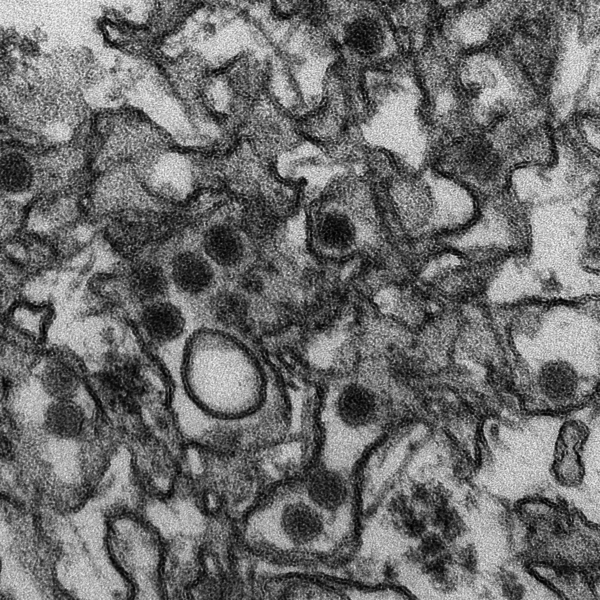Zika Outbreak Threatens Thousands

Photo via Wikimedia Commons under the Creative Commons License
The World Health Organization (WHO) has declared a state of global public health emergency in the wake of the recent Zika outbreak. Originally detected in humans during the 1950’s, Zika has recently been linked with birth defects such as microcephaly – a defect in which affected infants are born with abnormally small heads. Affecting roughly 25,000 US children each year, the condition can be deadly if the brain remains so underdeveloped that it is unable to regulate bodily functions. Those that do survive, however, face mental disabilities and delayed development.
Though the link has not yet been proven, doctors have described the outbreak as “a pandemic in progress,” with over 4000 suspected cases of microcephaly in Brazil alone as of October. Previously considered a non-existent threat, the sudden outbreak has exploded in much of South America, with reports of the Zika virus in 20 south and central American countries. Some experts are even going so far as to suggest avoiding pregnancy until the pandemic subsides. But what are the symptoms?
Unfortunately, 80% of patients never display any symptoms. Those who do, however, experience mild fevers, headaches, joint pains, and rashes – which often require lab tests to confirm whether or not the individual is infected with Zika or another, similar virus. In very rare cases, the infection might trigger Guillain-Barré syndrome (GBS) in which the immune system attacks the nerves, leading to paralysis that can last for several months. There is no vaccine or drug treatment for Zika, with most treatments consisting of bed rest. The biggest concern, however, is the possibility it causes microcephaly.
The WHO’s declaration of emergency places Zika at the same importance level of Ebola, which comes as a surprise to the professional community everywhere. Though the link to microcephaly has not yet been proven, the WHO was harshly criticized in taking too long to classify Ebola as a global public health emergency – so this time around they would rather be safe than sorry. This announcement will mean increased coverage, research, and aid for countries currently suffering from the outbreaks. As the disease is transmitted by mosquitos, fumigation measures are being put in place to try and halt the advance of the virus. Some Brazilian scientists are also testing genetically-modified sterile mosquitoes, which have reduced mosquito populations by 90% in controlled experiments.
Dr. Jeremy Farrar, Director of the Wellcome Trust (a bio-medical research charity based in the UK) stated that “There is a long road ahead. As with Ebola, Zika has once again exposed the world’s vulnerability to emerging infectious diseases and the devastation they can unleash. Alongside the emergency response that Zika necessitates, we must put in place the permanent reforms, health systems strengthening and proactive research agenda that are needed to make the global health system more resilient to the threat of future pandemics.” Whether or not the Zika outbreak will prove as drastic as Ebola was in 2014 is yet to be seen; preventative measures will hopefully keep this from becoming more severe than necessary.

Hi! You must be really bored if you're reading this, but here we go. My name is Sebastian Lloret and I'm a Senior at Air Academy this year. I speak English,...












